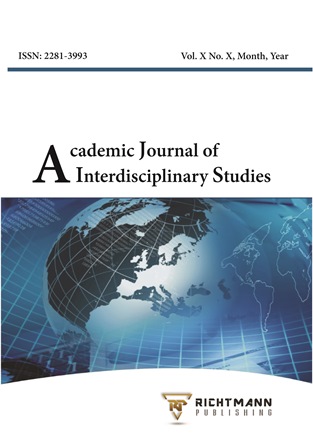Professional Training in Nursing and its Intercultural Implications in Times of Social Transformation: A Qualitative Study
DOI:
https://doi.org/10.36941/ajis-2023-0099Keywords:
nurse, cultural competence, training, intercultural educationAbstract
Background: Professional nursing education from an intercultural approach enables culturally sensitive care in practice in the care of culturally diverse patients, so it is necessary to develop this intercultural preparation. Little is known about the success of educational interventions to develop this intercultural approach in times of social transformation of nursing graduates. Methodology: ethnomethodological and dialectical study that explored the intercultural preparedness of nursing graduates. Sampling was non-probabilistic, purposive, selected groups with lived experience and knowledge of the health-disease process. Semi-structured interviews were used to evidence intercultural training in nursing graduates, as well as to evaluate positive and negative aspects of social role development and the implementation of intercultural training. The collected data were subjected to a category and subcategory analysis. To distinguish the study sample, patients, relatives and nurses participated in a total of 26 persons. The results obtained highlight the importance of developing intercultural competencies in nursing professionals from pre-training, learning competencies through intercultural experiences and interactions in order to provide culturally integrated and holistic nursing care. In relation to patients and relatives, it becomes visible that the practice of sensitive traditional care with treatment based on respect for their identity, cultural patterns and beliefs. Conclusions: Engaging student nurses in learning activities, with culturally sensitive approaches, enables greater understanding and commitment to deliver health care in a culturally competent and efficient manner.
Received: 19 November 2022 / Accepted: 21 June 2023 / Published: 5 July 2023
Downloads
Downloads
Published
Issue
Section
License

This work is licensed under a Creative Commons Attribution-NonCommercial 4.0 International License.
This work is licensed under a Creative Commons Attribution-NonCommercial 4.0 International License.








